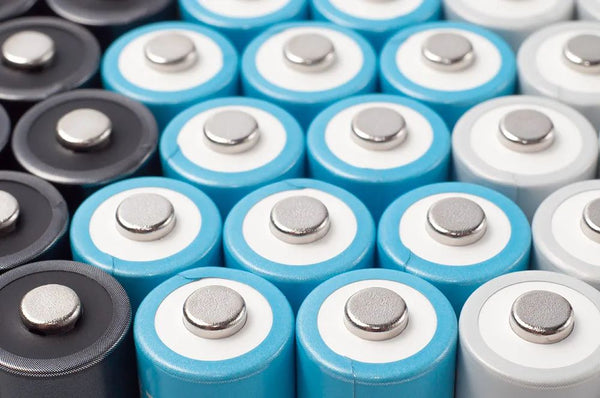Chinese automakers have been using lithium iron phosphate batteries extensively for some time, but the U.S. and Europe prefer nickel-manganese-cobalt batteries, which they believe can offer superior range and performance. More recently, lithium iron phosphate batteries have begun to gain popularity in 2021, with Tesla starting to use lithium iron phosphate batteries in less expensive models. Volkswagen, Ford and Stellantis announced plans to use lithium iron phosphate batteries in lower-cost electric vehicles.
Russia's war with Ukraine has highlighted another reason why Western automakers are turning to lithium iron phosphate batteries, namely that the raw materials needed are best where they are readily available (most of the world's nickel comes from Russia, and cobalt also exists in this well-known supply) chain problem).

Meanwhile, PushEVs reports that Chinese battery maker Sive Energy (SVolt) expects to hit a level of 230Wh/kg next year. Pedro Lima of PushEVs and others believe that nickel cobalt manganese will become a niche technology for vehicles requiring high energy density, such as luxury sports cars, while cobalt-free chemistries NMx (LNMO) and lithium iron phosphate (LiFePO4) will become mainstream.

